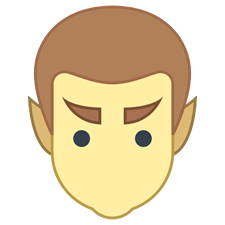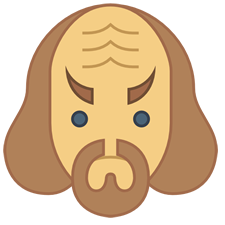The Longest Words in English
What are the longest words in English Language?
- given to using long words.
- (of a word) containing many syllables.
Lets begin with a word related to the business of “longest words.” – Sesquipedalianism meaning given to using looooong words.
The word itself can be traced back to the ancient Roman poet Horace, who in a treatise on crafting poetry, wrote that in certain circumstances, one must avoid sesquipedalia verba, a Latin construct meaning “words a foot and a half long.”
So, some candidates for English’s longest words – good luck in trying to pronounce them…
45 characters long.
The medical name of an occupational lung disease (more commonly known as silicosis) resulting from inhaling crystalline silica dust.
28 characters long.
The word pertains to the 19th-century opposition of (anti) the dismantling of the Anglican Church’s place as the state church of England, Ireland, and Wales (disestablishment).
This word is actually the longest “natural” or non-coined word in the English lanuage that isn’t scientific in origin.

29 characters long.
A rarely-used word that means “something of little or no value,” and it is usually used in reference to itself!
The word contains actually 4 Latin words that all mean “of little value” or “for nothing”: flocci, nauci, nihili, pili.
21 characters long.
Defined as “impossible to comprehend or understand”

11 characters long.
Only 11 characters long but we’ve included it because we like it! Meaning “to hide something of value away in a safe place” its he longest word pronounced in one syllable.Like squirrelling away your syllables for a rainy day.
21 characters long.
A word meaning “to do something that is not typical of a particular person or thing.”

45 characters long
This is the name of a lake in in Webster, Massachusetts in the good ol’ U S of A. well the Americans always like to show off don’t they!
21 characters long.
Look closely and you’ll notice a peculiar thing about this word. It does not repeat any letter, each character is used only once. As such this word is known as an isogram.
It means, of course, “items that are unable to be copyrighted,” such as catch phrases or recipes.







